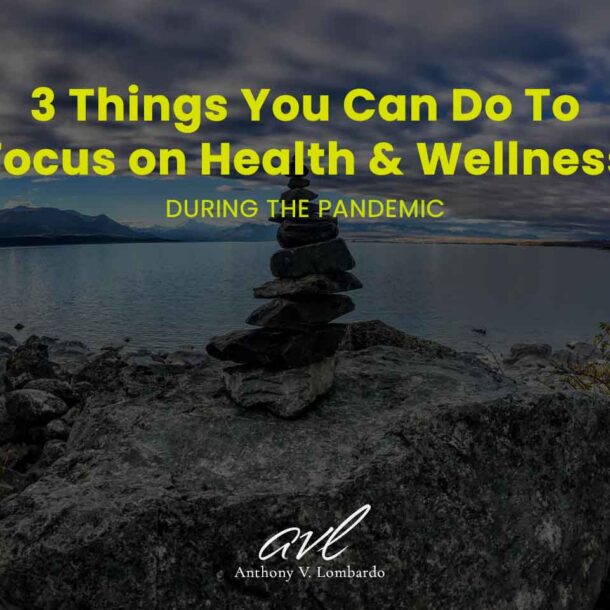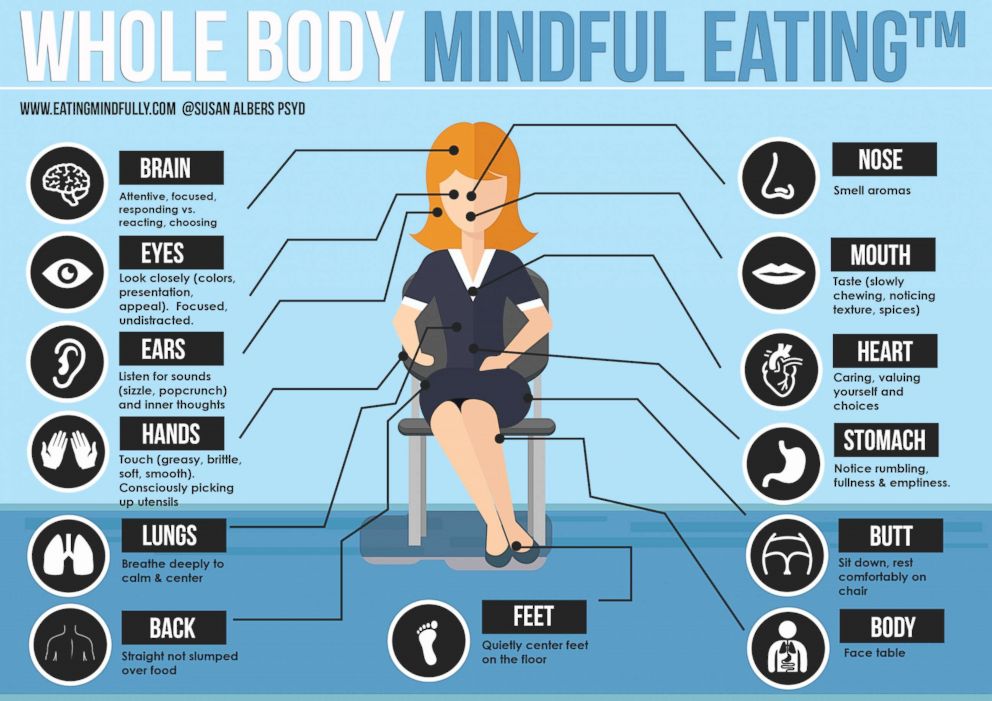
New Audio Experience: Awaken Your Soul and Remember Who You Are
Mindful Eating & Conscious Consumption: 6 Easy Ways To Eat Mindfully
Anthony V. Lombardo

For many, the end of the year is the Holiday Season which means it’s a time of indulgence.
Almost to the point that there is this expectation to overeat.
And while it’s perfectly ok to indulge, why not do it mindfully?
Why not experience your food from a place of joy and excitement?
Just consider for a second:
- How much emotion is centered around food that is attached to one single day of the year during the holidays?
- How much emotion you personally attach to food?
According to Ayurvedic medicine, the state of consciousness that you are in when you are eating is actually more important than the food itself.
Essentially, this means eating from a place of guilt, stress, anxiety, or anger only compounds the effects of these states of mind.
Physiologically, this makes your body extremely acidic because when you are stressed, your body floods with adrenaline and cortisol which are both acidic in nature. So if you are eating from a place of stress and guilt, or are quickly eating your food to get back to work, you actually will consume all of that acid into your digestion.
But when you eat from a place of awareness, gratitude, joy, and relaxation not only does it enhance these states but it allows your body to properly digest and metabolize the food.
This is mindful eating or conscious consumption — which is simply about making a conscious decision to enjoy and savor your food while being acutely aware of the entire experience and all the sensations in your body.
It’s about having a full sensory experience.

An infographic created by Dr. Susan Albers shows tips for eating mindfully.
Many times though we consume unconsciously.
Especially around the holidays, we tend to ‘let loose’ by eating in ways that make us feel out of control and then afterward we feel guilty.
Below is a simple exercise learned from meditation expert Emily Fletcher on conscious consumption that you can do anytime when you are about to eat.
It will greatly enhance the pleasure you get from eating while also helping you to stay in tune with your body.
Also note, while conscious consumption as a tool is used most frequently used with food, it can be used with anything that you habitually consume like social media, alcohol, Netflix, the news, etc.
Want more Content on Health & Wellness?
Get more inspiration like this for everything personal growth delivered to your inbox!
How to Consciously Consume Your Food
1). Check-in with yourself both mentally and physically before eating, or doing any other form of consumption.
Are you eating from a place of hunger and appreciation or is it that you’re bored, need a distraction, or think it’s what you should be doing?
How hungry are you? You want to come to the table when you’re hungry, but not ravenous after skipping meals.
Know what your intentions are in eating this specific meal.
2). Make a cup of hot water and sip on it before you eat.
This too comes from Ayurvedic medicine which helps cut the acid in your body.
It will also help you feel more full before you eat. The heat from the water will bring blood from your brain and into your gut. Have you ever heard the notion that your gut is your “second brain”? This serves as a way to “activate the consciousness inside this “second brain.”
In short, it will heighten your awareness of your gut which will allow you to eat more intuitively by choosing the foods you want to eat that feel right for your body at that moment.
3). Before you take your first bite give, it’s time to give thanks and feel grateful for this meal.
It is not a coincidence that most civilizations and every culture in history give thanks before they eat. It’s a way to energetically charge your food, show appreciation for it, and elevate your state being while consuming it.
Just the tiniest acknowledgment of gratitude for your food is enough to put your brain and body in the right state for eating.
4). Set the intention to consciously savor before you begin.
Sometimes we eat on auto-pilot. Whether we are rushing or are so engrossed in conversation, we don’t even look at our food, let alone taste it. We forget to savor!
When we do this and are finished, our brain doesn’t feel like we even ate at all and in turn, our senses feel robbed. Our stomachs might be telling us we are full but our senses are longing to be satiated. And when your senses feel like they were deprived of the eating experience, this is what can lead to over-eating.
5). As you eat, give your body that full sensory experience.
Experience the food with every sense by taking the time to see, taste, touch, smell, and even hear the food.
Yes, I said hear. If you listen close enough your food might be making noises.
Is it sizzling or boiling? Perhaps it’s speaking to you?
I know a guy who once told me his food was talking to him but that was for different reasons.
Anyway, I digress.
First, enjoy the food with your eyes. Observe it. Food can be quite beautiful and the dishes and meals they comprise are works of creation, so really notice and admire what’s on your plate. See all the colors, shapes, and textures, Which item on your plate looks most appealing to you?
Then smell it. Lean in and take a big whiff. Our sense of smell works in tandem with how we experience taste. Try to taste your food just by smelling it.
Now take your first bite and notice the sensations in your mouth. How does it feel? Is it hot? Cold? Soft? Spicy? Creamy? Tune into all the flavors. Let the food sit on your tongue to decipher the complexity of the different taste sensations.
As you swallow, notice the sensations as the food travels down your esophagus to your stomach. How does it feel inside your actual body?
Try savoring as many bites as possible.
6). Finally, listen to the cues from your body when it gets full.
Set the intention to stop eating once you start feeling full.
Sometimes the food we are eating tastes so good (especially during the holidays with all the rich and delicious dishes), we find that we keep going despite our stomach telling us otherwise. Being able to stop eating once you are full just takes some awareness and it will dramatically improve how you feel after eating. This is one of the biggest things I learned that greatly changed the way I eat and improved my health.
However, if you do happen to overeat and your body feels uncomfortable afterward, the best thing you can do is to be kind to yourself and not beat up yourself about it.
Eating is one of the great pleasures and experiences in life so set the intention to really enjoy and savor it.
Think about it, you wouldn’t spend time and energy planning a beautiful vacation and then not make every effort to enjoy the experience when the time came.
Show up to your dinner table with the same intentions to savor the experience.
Mindful eating is not about depriving yourself or not indulging, it’s about awareness of what you are eating and what you are thinking and feeling before, during, and after you are eating.
Join the tribe of Conscious Creators!
Walking the spiritual path?
Sign up for the You Are A Conscious Creator Newsletter which curates hand-picked wisdom and insights for living a more conscious and meaningful life.



